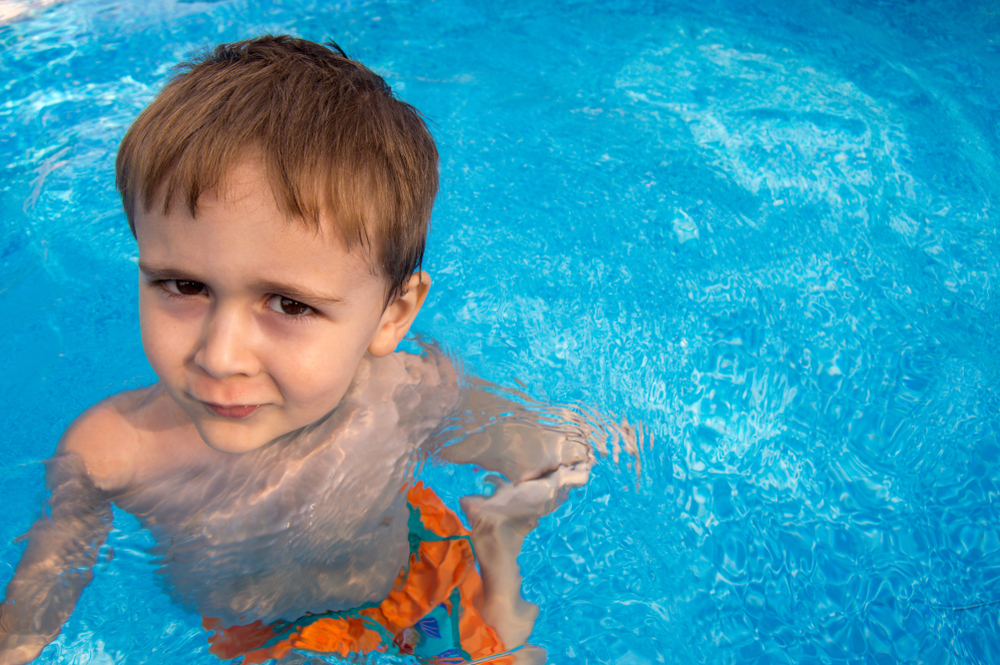Whether you are a recreational swimmer or a competitive athlete, you must have come across the sign that states, “Please Do Not Urinate in the Pool.” This is a common warning sign found in most public swimming pools. Unfortunately, most people, including kids and competitive swimmers, tend to ignore this polite notice out of either defiance or sheer ignorance.
While urinating in a swimming pool might seem harmless, research indicates that when urine mixes with chlorine, it produces potentially harmful chemicals. To prevent these chemicals from forming, experts recommend that all swimmers should avoid urinating in pools.
According to the study, uric acid found in urine and sweat goes through a chemical reaction with chlorine to produce cyanogens chloride and trichloramine. When inhaled, these two substances can increase your risk of getting hay fever or asthma. This is particularly true for those who swim indoors. A different study also found that children who swim frequently are at a higher risk of lung irritation, perhaps due to swimming in urine-contaminated water.
As if that is not enough, several studies indicate that competitive swimmers tend to experience higher rates of asthma and other respiratory conditions than other swimmers. Even though the reasons for these remain in a cloud of mystery, scientists believe these health problems could be due to exposure to cyanogens chloride and trichloramine.
So Should We Stop Swimming?
Well, swimming offers so many benefits that outweigh the potential risks posed by these chemicals. Firstly, it is an excellent form of exercise ideal for everyone, including pregnant women. Moreover, it can help manage arthritis and joint pain. Another benefit of swimming is that it is a helpful social and physical activity, great for kids. Nevertheless, always consult your doctor in case you experience chest tightness or wheezing when swimming indoors. This will confirm or rule out the possibility of chemical inhalation.
Reducing the Risk of Chemical Inhalation
Chlorine is the most widely used disinfectant for swimming pools. However, since many people are yet to give up on the bad habit of urinating in pools, the chances of inhaling cyanogen chloride and trichloramine remain significantly high. The good news is that pool owners with backyard swimming pools can now use alternative methods to disinfect their swimming pools other than utilizing chlorine. These options involve the use of salt, ozone, silver, and copper solutions. Although these methods are more expensive, they do not react with uric acid.
Healthy Swimming Tips
Swimming can be a healthy experience as long as you stick to the rules and avoid urinating in the pool. Here are a few tips for a healthy swimming experience:
- Always use the restroom before getting into the pool to avoid peeing in the water
- Take a short, quick shower moments before swimming to remove dirt and reduce the amount of sweat emanating from your body
- Use and re-apply sunscreen regularly as per instructions to avoid sunburns and UV rays
- Avoid swimming if you have diarrhea
- Stay away from the water if you have a wound not covered with a proper waterproof bandage
